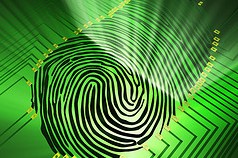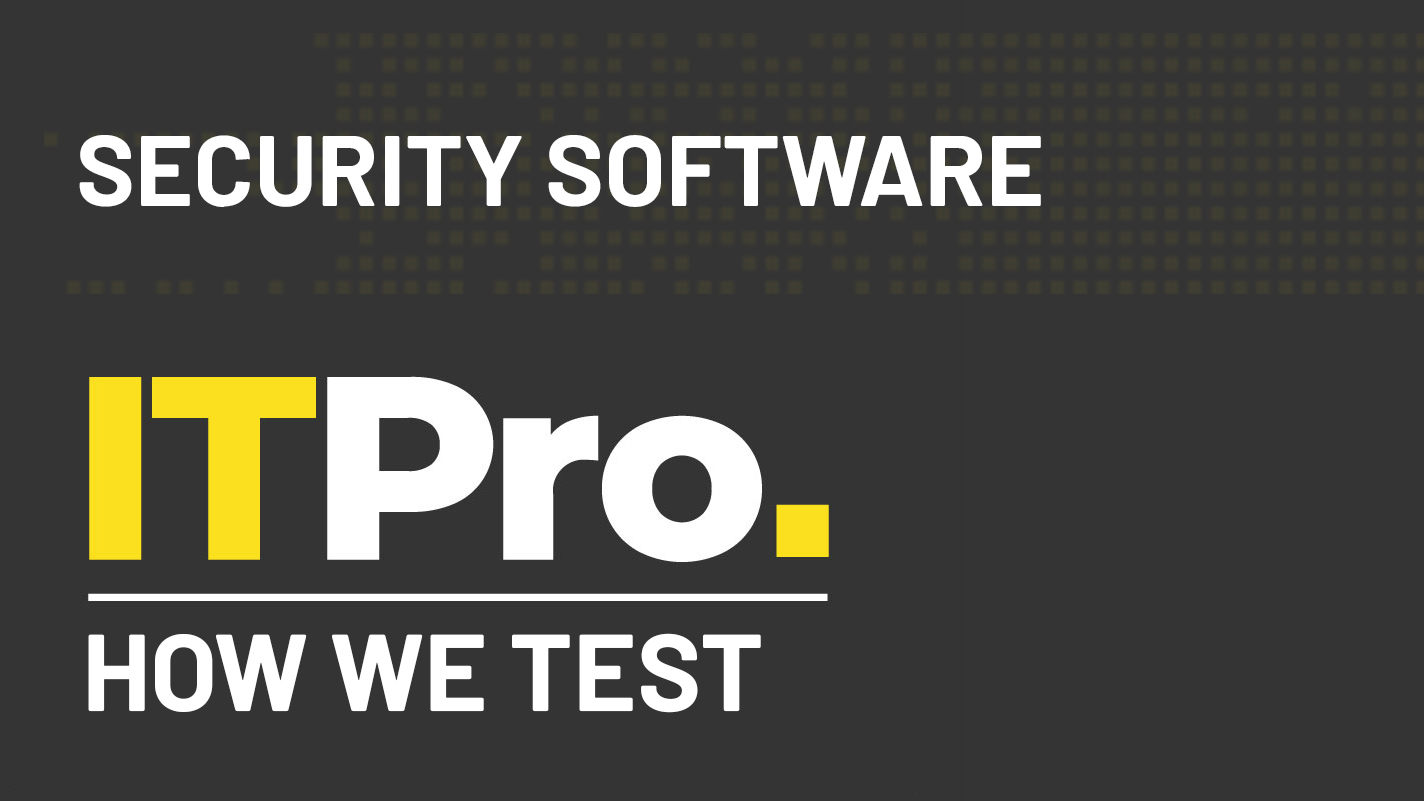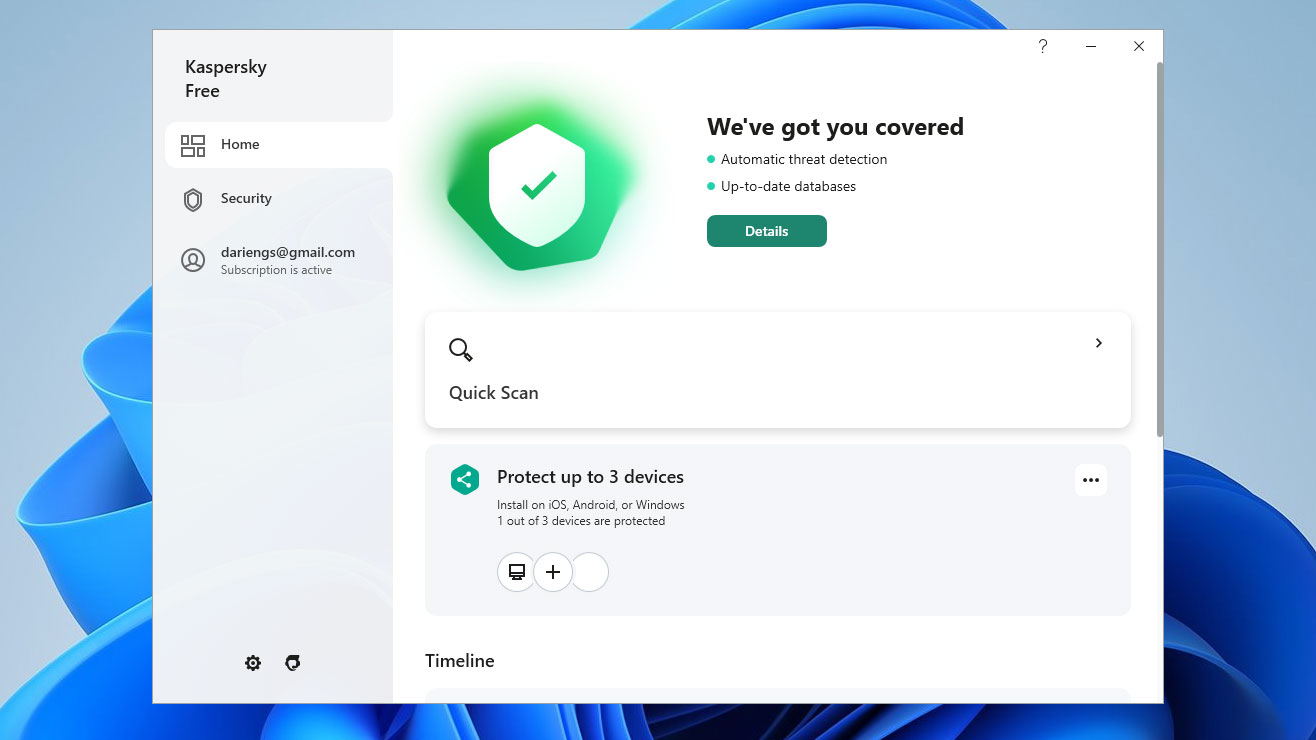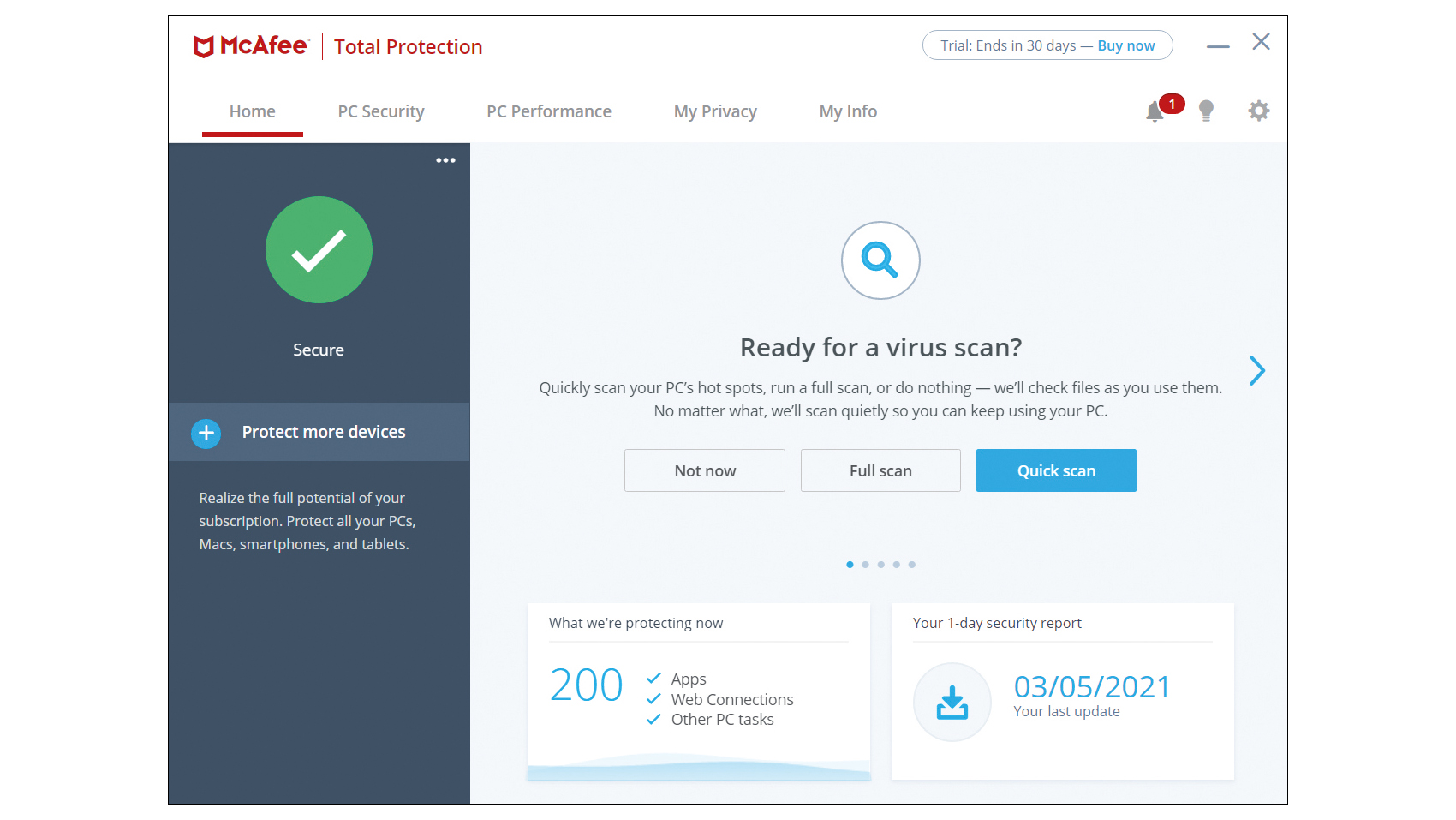Five biometric technologies businesses could use
Could fingerprint and retina biometrics be rendered out of date by new tech such as vein pattern recognition?

There is no doubt that the use of biometric technology is going to play an increasing role in the future.
This includes tech that we're used to - such as fingerprint and retina scanning - to new ways of authentication involving vein patterns in fingers to odour recognition.
With the public sector, biometric data will be used for the National ID card scheme, and is going to be the main form of authentication when it comes to people coming in and out of the UK. It's also been used in defence, law enforcement and other areas.
However, developers will also target the technology increasingly at the private sector as businesses struggle with security controls.
Biometric technology can be used alone or integrated with other authentication technology, and would negate the need for passwords or swipe cards which can be easily lost.
Physiological biometrics
This is the type of biometrics that most people are familiar with, and involves traits related to the shape of the body such as fingerprints, face and iris recognition.
Get the ITPro daily newsletter
Sign up today and you will receive a free copy of our Future Focus 2025 report - the leading guidance on AI, cybersecurity and other IT challenges as per 700+ senior executives
Fingerprint biometrics will be used for the National ID scheme, and are already being used for many visa applicants and border controls.
The police forces will also use mobile fingerprint scanners. The smartphone-sized devices will be able to scan a suspect's fingerprints, comparing them to a national biometric database.
The Iris Recognition Immigration System (IRIS) is in use at many UK airports, with the benefits of fast automated entry though border controls for those who sign up.
Also this year, new facial recognition technology was being trialled at Manchester Airport, which would compare passengers' face to images held in their passports.
Vein pattern recognition
Fingerprint and retina biometrics could be replaced by a Japanese biometric system which identifies people from the patterns of veins inside their fingers.
Companies in Europe have already started to roll out the technology created by Hitachi, with Easydentic Group just announcing that it was going to use the finger vein security in door access systems for UK and Europe. It can also be used for PC login devices.
Japanese banks have used the technology widely in the last couple of years, with thousands of cash machines using finger vein biometrics. About 80 per cent of Japanese financial institutions have adopted the system.
The system captures images of the vein patterns inside a person's finger, which allows an image to be recorded on a CCD camera. The vein patterns are unique like other biometric data, but as they are inside the body it would be virtually impossible to replicate.
Voice biometrics
Banks and financial services have already been using biometric technology for a while, as the nature of what they do makes security a prime concern.
For example, Allied Irish Banks deployed a voice-biometrics password reset service, which allowed employees to reset passwords using a voice verification system.
It verifies the voice from a voice print and tells them what the new password is after it is reset, therefore eliminating the need to call helpdesk staff.
Gait biometrics
Researchers from the University of Southampton could check airport and event security simply by taking a few steps with a gait recognition system .
A tunnel in a camera-lined corridor measures and processes data such as gait, height and body shape as people walk through it.
Using digital cameras, measurements are taken which can build a 3D model. As human gait is unique, it can be used in security to check the person who is going through security checks and the person who is boarding the plane is the same person.
Odour biometrics
An American study by the Monell Chemical Senses Centre revealed that each person has a unique body odour, which could be used like fingerprints to identify them.
Even if an individual varied their diet by using strong smelling smells, unique biologically-based odourprints could be an reliable form of identification.
-
 Third time lucky? Microsoft finally begins roll-out of controversial Recall feature
Third time lucky? Microsoft finally begins roll-out of controversial Recall featureNews The Windows Recall feature has been plagued by setbacks and backlash from security professionals
By Emma Woollacott Published
-
 The UK government wants quantum technology out of the lab and in the hands of enterprises
The UK government wants quantum technology out of the lab and in the hands of enterprisesNews The UK government has unveiled plans to invest £121 million in quantum computing projects in an effort to drive real-world applications and adoption rates.
By Emma Woollacott Published
-
 Iranian hackers targeted nuclear expert, ported Windows infection chain to Mac in a week
Iranian hackers targeted nuclear expert, ported Windows infection chain to Mac in a weekNews Fresh research demonstrates the sophistication and capability of state-sponsored threat actors to compromise diverse targets
By Richard Speed Published
-
 The top malware and ransomware threats for April 2023
The top malware and ransomware threats for April 2023News New ransomware gangs and malware abound as hackers continue to evolve their tactics
By Connor Jones Published
-
 How we test security software
How we test security softwareReviews Everything you need to know about our benchmarking process for antivirus products
By IT Pro Published
-
 Avira Free Security review: An effective antimalware suite, but heavy on the marketing
Avira Free Security review: An effective antimalware suite, but heavy on the marketingReviews It’s hard to fully appreciate Avira’s malware protection when the packaging feels so manipulative
By Darien Graham-Smith Published
-
 Kaspersky Free review: Effective and lightweight – everything you want from a free antivirus solution
Kaspersky Free review: Effective and lightweight – everything you want from a free antivirus solutionReviews It’ll be a real shame if politics means people missing out on this top-class security tool
By Darien Graham-Smith Published
-
 McAfee Total Protection review: Quick, effective and affordable
McAfee Total Protection review: Quick, effective and affordableReviews A solid security choice, with perfect malware protection, a fully functional VPN and more
By ITPro Published
-
 AVG Internet Security review: Money for nothing
AVG Internet Security review: Money for nothingReviews An ostensible upgrade from the free Avast package – but there’s very little here to justify the cost
By Darien Graham-Smith Published
-
 Avira Antivirus Pro review: Obnoxious and annoying
Avira Antivirus Pro review: Obnoxious and annoyingReviews This antivirus tool does the job, but it’s expensive – and the in-app advertising really sticks in the throat
By Darien Graham-Smith Published